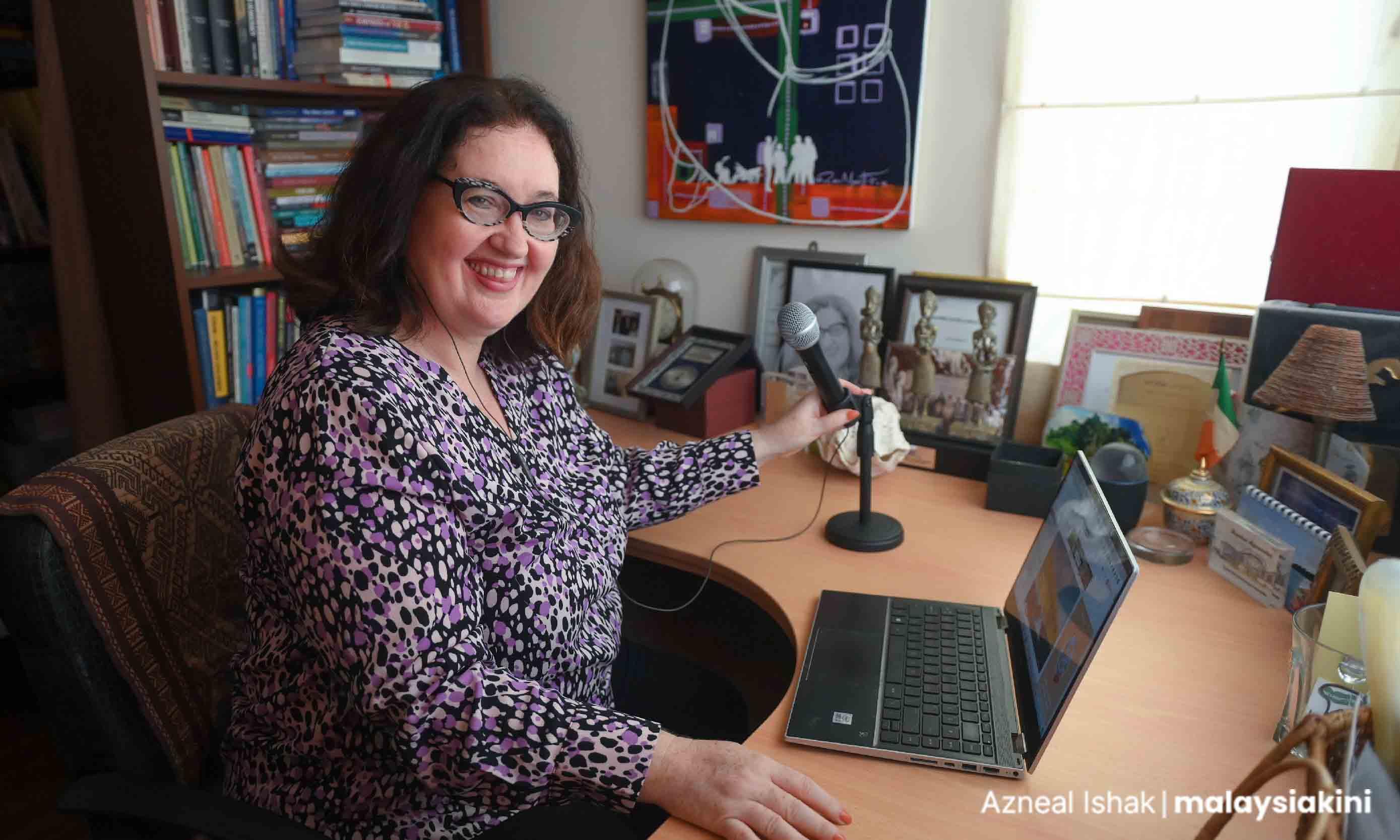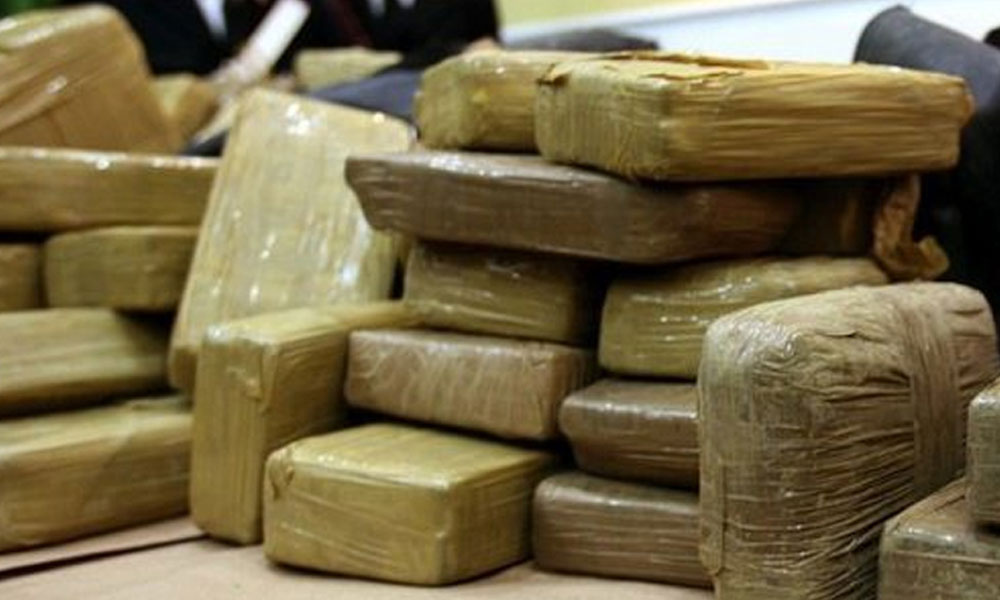Online scam operations which operate across borders have surpassed the drug trade as the most profitable activity for criminal networks, say researchers who contributed to a report on transnational criminal operations in the Southeast Asian region.
“Scams have now surpassed drug trafficking in profitability, generating billions of dollars,” said Bridget Welsh, the expert on Malaysian who contributed to the report titled “Transnational crime in Southeast Asia: A growing threat to global peace and security”.
The report published in May by the United States Institute of Peace (Usip) features experts’ case studies on key Southeast Asian countries, with an understanding of the advanced scamming techniques, explaining how criminal networks operate and stay ahead of law enforcement.
Speaking to reporters on Monday, Welsh said online scam operations are fluid, harder to track, and more decentralised.
“And law enforcement really wrestles to deal with this,” said Welsh, explaining that criminal activity was no longer about controlling land or specific regions; instead, it’s become global and digital.

The shift toward online criminal operations has made it more challenging for law enforcement to keep up, but Bridget commended Malaysia for its efforts, particularly compared to other countries in the region, including Singapore.
Although enforcement has been inconsistent, Malaysia has taken notable steps, such as raising public awareness, launching campaigns, establishing a national scam centre, and introducing a “kill switch” to combat online scams.
“These initiatives, especially under the current government, have been important, though the issue of scams persists,” she said.
Despite efforts to combat scams the effectiveness is hindered by poor coordination among the four different agencies involved, each being territorial and protective of their own responsibilities.
News reports indicate that apart from the Police, Malaysians can report to Bank Negara for financial scams, the Malaysian Communications and Multimedia Commission (MCMC) for cyber scams and the Domestic Trade and Consumer Affairs Ministry for consumer-related scams.
Inconsistent law enforcement
This fragmentation, Welsh said, leads to inefficiencies, like having three separate fraud reporting portals, with these not being properly accessible to the public.
“As a result, people lack access to crucial information,” she said.
In the past, Malaysians were not directly impacted by transnational crime, as they were not typically the targets.
However, in recent years, this has changed, and Malaysians are now increasingly becoming victims of these crimes.
Early this year, Deputy Minister in the Prime Minister's Department (Law and Institutional Reforms) M Kulasegaran reported that Malaysians lost a collective total of RM3.2bil in online scams between 2020 and 2023.
However, the team of experts involved in this report say reported statistics on online scams are conservative and do not include unreported estimates.

The report reveals how these networks have created scam hubs, mainly in Myanmar, Cambodia, and Laos, but with operations across the region.
It explains how they use technology, exploit weak governments, traffic labour, and force people into criminal activities.
The networks also launder money and attempt to legitimise their crimes.
Different types of criminal activities, such as drug trafficking, human trafficking, smuggling, and wildlife trafficking, are all interconnected within a broader “criminal ecosystem”.
In this system, various illegal operations are linked and depend on each other.
For example, in Malaysia, specific types of scams and drugs are involved in the local drug trade, Welsh explained.
However, the drug trade itself relies on money laundering and cryptocurrency finance, which come from scamming activities.
“In other words, scams generate the funds needed to support other illegal activities like drug trafficking,” she said.
This interconnectedness makes it clear that criminal activities don’t operate in isolation but are part of a complex web that supports and feeds into each other, making it more difficult to dismantle.
Malaysia at risk of becoming a hub
The report describes how organised crime thrives in areas with weak governance by co-opting local elites and undermining law enforcement.
Malaysia, which borders four countries, has been a hub for transnational crime in Southeast Asia, including arms smuggling, drug, human, and wildlife trafficking.
Its lenient immigration rules make it easy for criminals to enter, and local crime groups like Chinese triads offer support and a space for illegal activities to operate.
In the report, Malaysia is highlighted as both a victim and financial hub.
Usip country director, Burma Asia Center, Jason Tower said the youth, including Gen Z, are getting involved in online scamming and related criminal activities.

This shift is happening because online scams offer easier entry points and more lucrative opportunities than traditional crimes like drug trafficking.
“Gen Z criminals, especially those with tech skills, are finding ways to exploit digital platforms for activities like money laundering, using cryptocurrency and fintech systems.
“These tech-savvy individuals are not only running scams but also recruiting others to help with these operations, including acting as money mules.
“This reflects a broader trend of younger criminals using technology to engage in more sophisticated, global criminal enterprises,” he explained. - Mkini



No comments:
Post a Comment
Note: Only a member of this blog may post a comment.